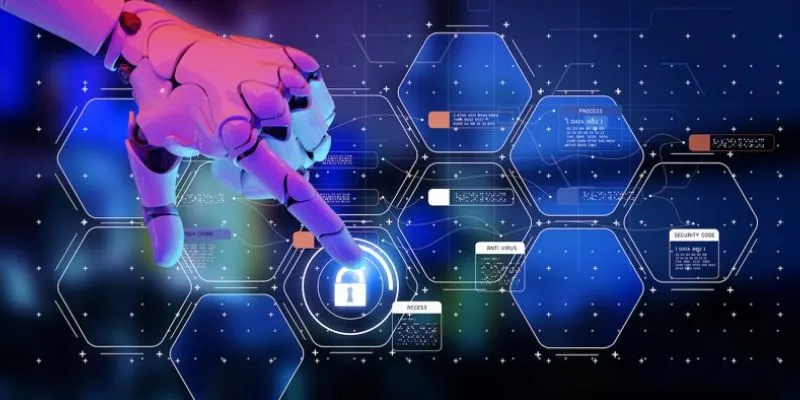
The future of AI in cybersecurity and ethical hacking is transforming how we handle cyber threats. Here’s a look at the key ways AI shapes the field and why taking a Cyber Security Course in Bangalore can be a significant step for those wanting to break into this evolving industry. These courses cover the essentials of using AI for threat detection and help learners understand AI-powered tools for spotting risks like unusual login attempts or unauthorised access.
1 AI-Powered Threat Detection
With AI, cybersecurity tools can scan vast amounts of data quickly, alerting cybersecurity systems to suspicious activities. This is a major advantage for ethical hackers, who can use AI tools to identify risky areas more efficiently. For those interested, an Artificial Intelligence Course in Bangalore provides hands-on experience with these tools, covering how AI can prevent cyber threats before they escalate.
2. Automated Ethical Hacking Tools
Many tasks in ethical hacking, such as vulnerability scanning, are now powered by AI, saving time and allowing ethical hackers to focus on complex problems. Automated tools simulate attacks, reveal weak spots, and provide reports, making cybersecurity work more efficient.
3. Defense Against Social Engineering with AI
Social engineering attacks, like phishing and fake calls, are tricky to prevent because they play on human trust. AI, however, can recognize patterns in these types of scams and warn people before they fall victim. A Cyber Security Course in Marathahalli can provide an understanding of these AI-driven defenses, enabling students to better protect against these human-centered cyber threats.
4. The AI Arms Race: Attacker vs. Defender
With AI being used by both attackers and defenders, we’re seeing an AI-driven arms race in cybersecurity. Hackers use AI to create adaptive malware or deepfake phishing, but defenders use AI to learn from these patterns, neutralizing threats even faster.
5. Zero-Day Threats: AI to the Rescue
Zero-day threats, which are vulnerabilities hackers exploit as soon as they’re identified, are a major challenge in cybersecurity. AI is helping by recognizing unusual system behavior, allowing ethical hackers to find and report these threats sooner. A good Ethical Hacking Course in Bangalore will teach students to simulate attacks and identify these vulnerabilities, preparing them to spot zero-day risks effectively.
6. Securing IoT Devices with AI
The Internet of Things (IoT) is everywhere, but many connected devices are vulnerable to attacks. AI is essential for monitoring IoT devices and spotting unusual activity before it becomes a full-blown threat. Students interested in IoT security can benefit from a Cyber Security Course, gaining skills to protect these widely used, often-targeted devices.
7. Ethics and AI in Cybersecurity
As AI-powered tools in cybersecurity become more sophisticated, ethical considerations are also growing. Strict guidelines help ethical hackers stay within legal and moral boundaries. An Artificial Intelligence Course in Marathahalli will touch on these guidelines, teaching students the importance of data ethics and privacy protection in AI-powered cybersecurity.
8. Human and AI Partnerships in Cybersecurity
In the future, cybersecurity will rely on AI and human experts working together. While AI handles data-heavy tasks, cybersecurity experts can focus on creative problem-solving and strategy.
To stay ahead in cybersecurity, training is essential. Ethical Hacking Training in Marathahalli can help you learn these technologies and techniques, equipping you for the future of cyber defense.
Also Check: Cyber Security Interview Questions and Answers
